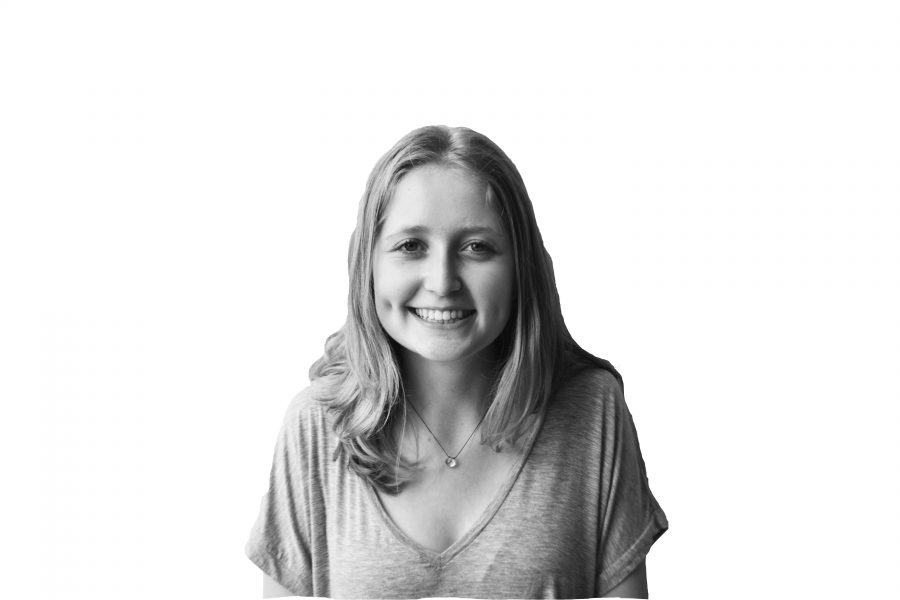As the summer before my sophomore year drew to a close, I fumbled through the Harvard-Westlake student portal and finally succeeded in viewing my schedule for the coming year. One thought immediately popped in my head: Why so much math and science? I’ve always been interested in the humanities and I have no intention of becoming a mathematician.
Just one glance at my schedule and I was reminded, much to my disappointment, that these two fields of study would take over my waking hours for the next nine months.
Spending my junior year abroad in Rennes, France helped me achieved what I thought to be impossible: I now appreciate math and science. Don’t get me wrong – I still jump at the word “calculus” and cringe thinking about taking AP Physics this year.
However, learning about the French education system has made me realize how lucky we are here at Harvard-Westlake, and in the U.S. in general, to have access to a broad education. We have the unique opportunity to explore all areas of study in high school, which is something that many of us, myself included, often take for granted.
Two years ago, my now 16-year-old French host sister was forced to choose between the humanities and the sciences. Her decision would determine her high school courses, her entry exam to university and her career options. She chose the science track and is now devoting her weeknights and much of her weekends to physics, having decided to study engineering after high school.
I try to put myself in her shoes and cannot even begin to imagine the stress of making career-related choices at the beginning of my teenage years. After all, things change. People change. How can 14-year-old kids already know how they want to spend their professional lives without first exploring their options?
There are some advantages to the French education system. It allows students to focus on their primary interests and achieve a high level of knowledge in these interests.
My French host mother, who chose the humanities track as a student, was no longer required to take STEM courses during her last two years of high school and thus devoted more time to her French and language classes. This system led her to a successful career in communications. However, the possibility of a career involving science or math, had she so desired later on, was practically eliminated at the young age of fourteen.
A broad education not only provides flexibility, but also forces all types of students to challenge their brains and learn skills essential to any career. Humanities lovers like myself learn to work well with numbers and gain a deeper understanding of the physical world.
Similarly, STEM students are able to improve their writing abilities, helping them clearly convey their ideas. And those who are passionate about both areas of study are not forced to choose.
As much as I would love to cross out the calculus and physics courses on my senior year schedule, the benefits outweigh the drawbacks.
Throughout this school year – especially during times of challenge – it is important to keep in mind the advantages of our general education.




























